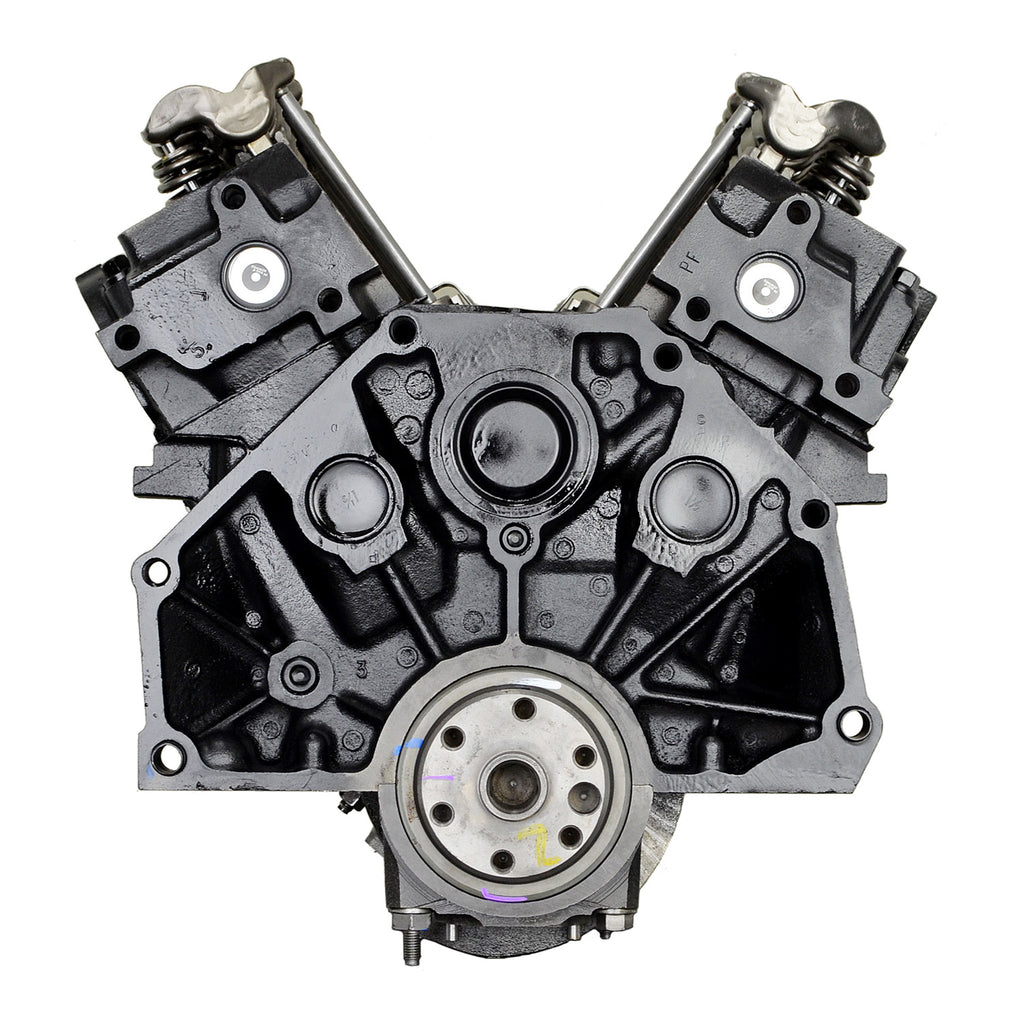Why the 2.2 Ford Ranger Engine Is a Popular Choice for Rugged and Reliable Performance
Why the 2.2 Ford Ranger Engine Is a Popular Choice for Rugged and Reliable Performance
Blog Article
What Makes a Vehicle Engine Run Smoothly: Top Tips for Optimum Treatment
The smooth operation of an auto engine is basic to both efficiency and durability, making optimal treatment a necessary obligation for automobile owners. Trick techniques, such as routine oil modifications, preserving coolant degrees, and checking air filters, are important yet frequently neglected. Furthermore, the value of examining spark plugs and ensuring appropriate tire stress can not be downplayed. Recognizing just how these components adjoin can improve not just the performance of your vehicle but also your total driving experience. What particular steps should you prioritize to guarantee your engine remains in peak condition?
Regular Oil Modifications
One of one of the most critical facets of cars and truck maintenance is guaranteeing your engine gets regular oil changes. Engine oil lubes internal parts, decreases friction, and helps preserve optimum operating temperatures. In time, oil deteriorates because of heat, pollutants, and the all-natural results of burning, leading to minimized efficiency and possible engine damages.
A lot of makers advise changing the oil every 5,000 to 7,500 miles, but this period can vary based upon driving problems and oil kind. For circumstances, artificial oils may enable longer periods in between adjustments. Normal oil changes not just boost engine performance however also enhance gas performance, as tidy oil advertises smoother procedure.
Ignoring oil modifications can cause sludge buildup, which harms blood circulation and can lead to extreme engine concerns. It is crucial to examine oil degrees routinely and monitor for any unusual changes in color or consistency, which could show contamination or deterioration.

Maintaining Coolant Degrees
Preserving correct coolant levels is crucial for protecting against engine overheating and making sure ideal performance. The coolant, normally a blend of water and antifreeze, flows with the engine, taking in warm and preventing thermal tension. Insufficient coolant can cause boosted engine temperature levels, which may trigger extreme damages or also overall engine failing.
To maintain ideal coolant levels, routinely evaluate the coolant reservoir, usually found in the engine bay. Make sure the coolant is filled up to the recommended mark, as shown in your lorry's owner manual. It is advisable to check the levels at the very least when a month or soon journeys, especially during severe weather.
If you discover that the coolant degree is constantly reduced, there may be a leak in the cooling system, which should be addressed without delay to avoid more problems. 2.2 ford ranger engine. In addition, flushing the coolant system every two to three years can help get rid of any built up particles and ensure reliable heat exchange
Monitoring Air Filters

It is advised to check the air filter every 12,000 to 15,000 miles, or more often if driving in damaging or dusty conditions. An easy visual evaluation can frequently reveal whether the filter is unclean or harmed. If the filter appears stained or has visible dirt buildup, it needs to be changed without delay.
Utilizing a high-quality air filter developed for your particular vehicle version can better improve engine performance. Furthermore, some vehicles may take advantage of multiple-use filters that can be cleansed and reinstalled, giving a article cost-efficient and eco-friendly choice.
Inspecting Flicker Plugs
Flicker plugs are important components of a vehicle's ignition system, straight impacting engine performance and efficiency. They produce the stimulate that sparks the air-fuel mixture in the burning chamber, assisting in the engine's power generation. Regular inspection of ignition system is essential for maintaining optimum engine function and preventing prospective issues.
Dark soot or oil down payments can indicate improper burning, while a blistered or white look may recommend getting too hot. Both conditions need immediate focus to prevent additional engine damage.
It's advisable to inspect spark plugs every 30,000 miles, or as advised in your vehicle's owner handbook. Additionally, take into consideration changing them according to the producer's guidelines, as old or used stimulate plugs can result in misfires, lowered gas efficiency, and boosted emissions.
Monitoring Tire Stress
Guaranteeing appropriate tire pressure is an important aspect of car security and efficiency. Under-inflated tires can click this link cause decreased gas performance, increased tire wear, and jeopardized handling. Conversely, over-inflated tires can lower traction and raise the threat of blowouts. As a result, regular monitoring of tire pressure is vital for optimum vehicle procedure.
Tire pressure need to be examined a minimum of once a month and soon journeys. Make use of a reputable tire stress scale to measure the stress when the tires are chilly, ideally prior to the car has been driven for a minimum of three hours. Refer to the automobile's proprietor manual or the placard located on the vehicle driver's side door jamb for the maker's suggested stress degrees.
It is essential to note that tire stress can rise and fall with adjustments in temperature; a decrease of 10 ° F can lead to a 1-2 psi decline in pressure. Furthermore, aesthetically evaluate tires for any type of indications of wear or damage throughout your surveillance regimen. Maintaining proper tire pressure not only enhances lorry safety and security yet additionally boosts fuel efficiency and prolongs tire life, ultimately adding to a smoother engine performance.
Final Thought
In verdict, keeping an auto engine's smooth procedure needs thorough interest to a number of vital factors. Inevitably, a positive approach to engine care is crucial for guaranteeing dependability and performance over time.
One of the most critical facets of automobile maintenance is ensuring your engine obtains routine oil modifications. Engine oil lubricates internal elements, lowers friction, and helps preserve optimal operating temperature levels. Routine oil changes not just enhance engine performance but additionally advice improve fuel effectiveness, as clean oil advertises smoother procedure.
Inadequate coolant can lead to increased engine temperature levels, which might cause severe damages or even total engine failure.

Report this page